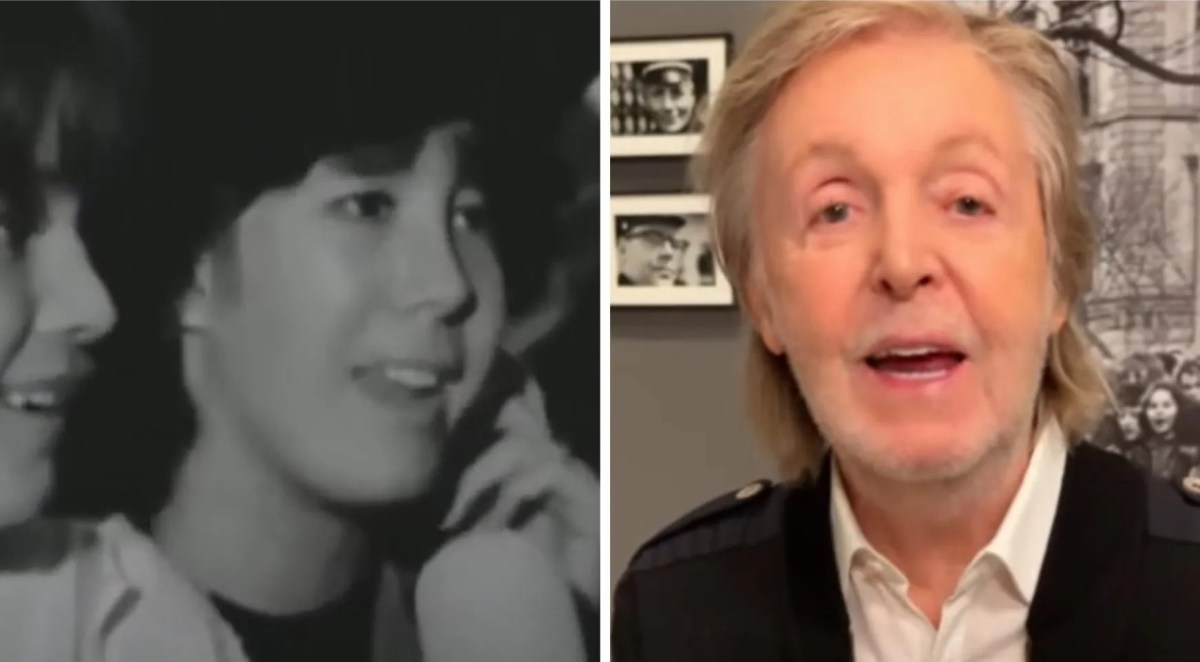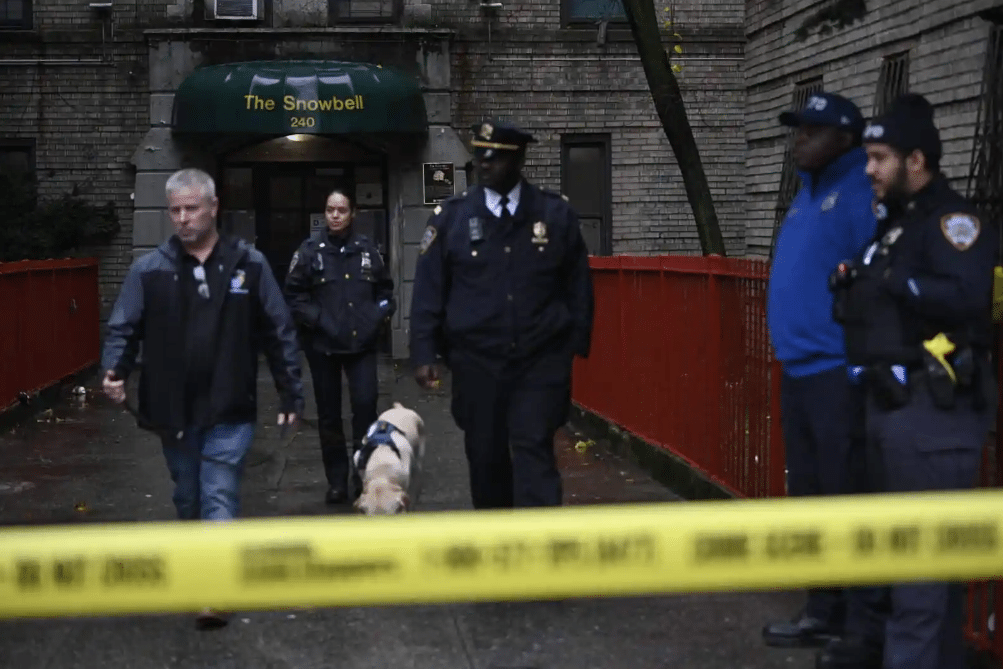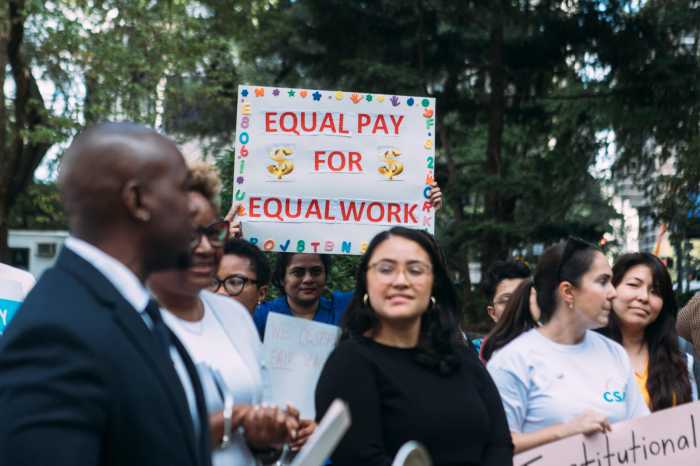Governor Hochul’s proposed 2024–25 budget contains positive news for our youngest New Yorkers: it increases support for Early Intervention (EI) services by 5%, which can change the life trajectories of thousands of children under the age of three who experience delays in walking, talking, playing, or growing.
As someone who works in a community-led organization focused on improving children’s outcomes in the Brooklyn community of Brownsville, I can vouch that this is a much-needed step in the right direction. However, the budget leaves out a clear financial commitment to nearly 30,000 children here in New York City. It allocates only $400,000 across the state to address EI funding in rural areas, and includes a vague and unclear additional 4% modifier for rural and “underserved” communities.
EI is a Federal entitlement that provides critical services during the first 36 months of a child’s life when neurological development is most rapid. It is proven, study after study, to radically improve the lifelong well-being of children who experience developmental delays. Research shows an estimated eight-dollar return for every dollar invested.
Although EI is an entitlement, in practice it is not equally accessible to everyone. Black children across the city and state are referred to EI and receive services at significantly lower rates than white children. This failure to equitably distribute funds and access to EI compounds disparities later in a child’s life and education.
When I started working at United for Brownsville, in 2018, for example, Black children in the community were 29% less likely to be referred to EI and 79% less likely to receive services than white children citywide, according to data from the NYC Department of Health and Mental Hygiene (DOHMH). The same data showed that, in Brownsville, 21% of Black children and 26% of Latinx children who received referrals failed to complete their EI evaluations, compared to 7% of white children citywide. Moreover, a lack of providers resulted in weeks-long wait lists for in-person services, which contributed to families dropping out of the EI enrollment process at higher rates.
The experience of community leaders at United for Brownsville—mothers, fathers, and grandparents alike— confirms both the benefits of EI services and the challenges of accessing them. Our organization was the first to put data from the NYC DOHMH in the hands of local families and build partnerships with neighborhood healthcare practitioners, educators, and social service providers, which led to innovative solutions, including improved developmental screening and referral practices. The collaboration between residents and our staff resulted in the creation of the transformative role of EI Ambassador, a family advocate with deep knowledge in navigating EI systems, who works on behalf of children, educates providers on best practices, and builds trust between families and providers.
As a result of these and other initiatives, we have been able to eliminate disparate EI referral rates for Black and brown children in Brownsville in just four years. By the end of 2022, both Black and Latinx children in Brownsville were receiving EI services at rates higher than those for white children and children of all races citywide. Our work bringing together families and providers as partners, piloting the EI Ambassador role, and positioning caregivers as leaders in advocating for change has been so successful that our model is now being expanded to other underserved communities in NYC.
Communities like Brownsville can do much to improve families’ enrollment in El, but only New York State can ensure services are readily available by encouraging providers to work in low-income communities. We call upon Governor Hochul and legislators to provide an 11% increase in reimbursement rates for all in-person EI services to support a much-needed increase in providers, while further incentivizing this call with a 15% rate differential for children residing in high-poverty ZIP codes. Additionally, EI funding would be well-spent by supporting EI Ambassadors and programs that replicate the provider-family partnership model in neighborhoods where systemic inequities exist.
I have seen firsthand how early investment in childhood services dramatically changes the lives of families—not just in immediate developmental gains for children, but through positive, life-changing impacts for children and their families over the long term. A failure to address gaps in access that exist in underserved urban communities will only result in more expensive solutions further down the line. If we want to ensure that all of our children have equal opportunity to thrive, we need to provide the funding they need, from the very start of their lives.
David Harrington is Executive Director of United for Brownsville, a community-driven Brooklyn-based nonprofit focused on improving children’s outcomes.
Read more: Historic Merchant’s House at Risk from New Project





































